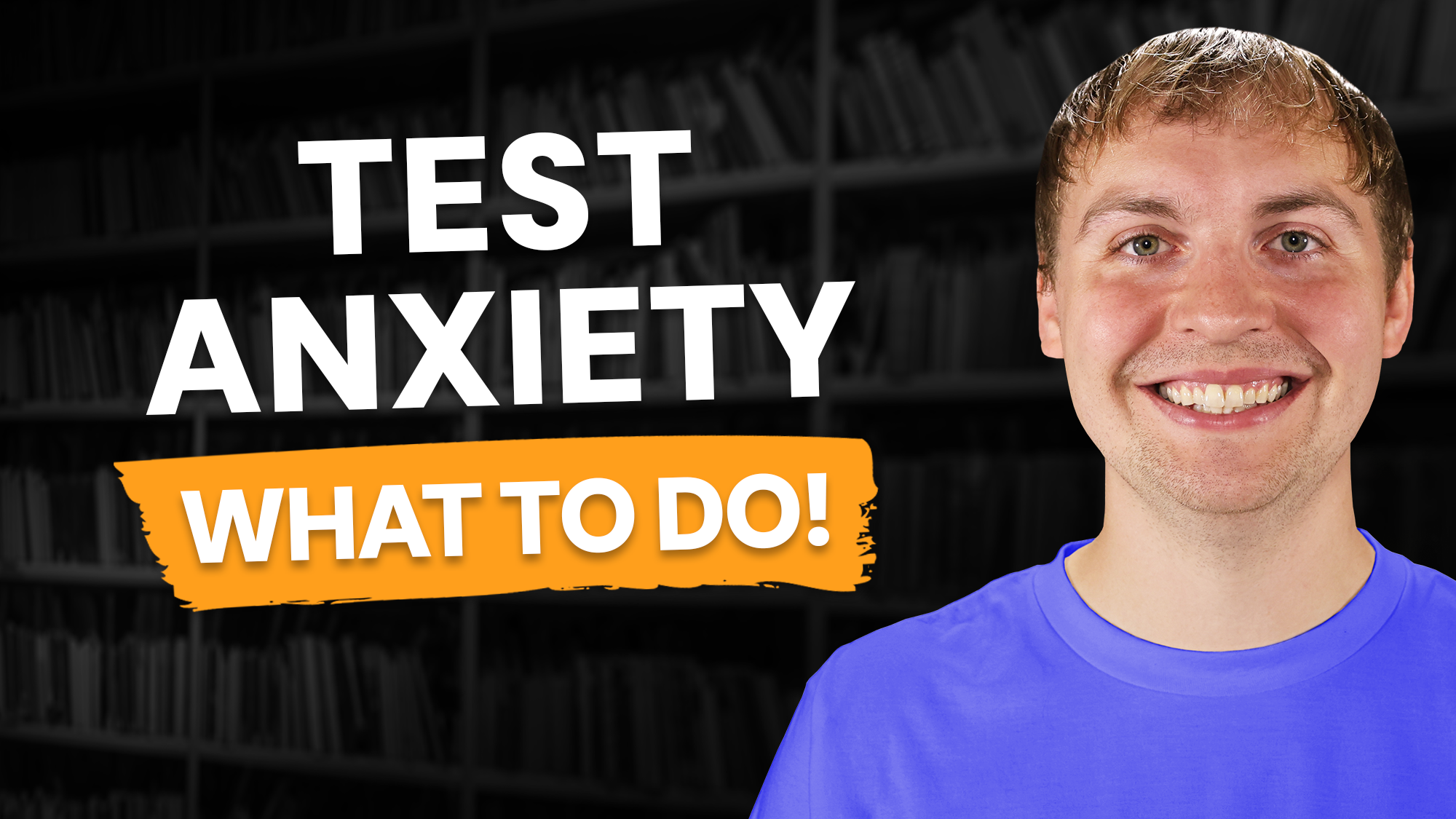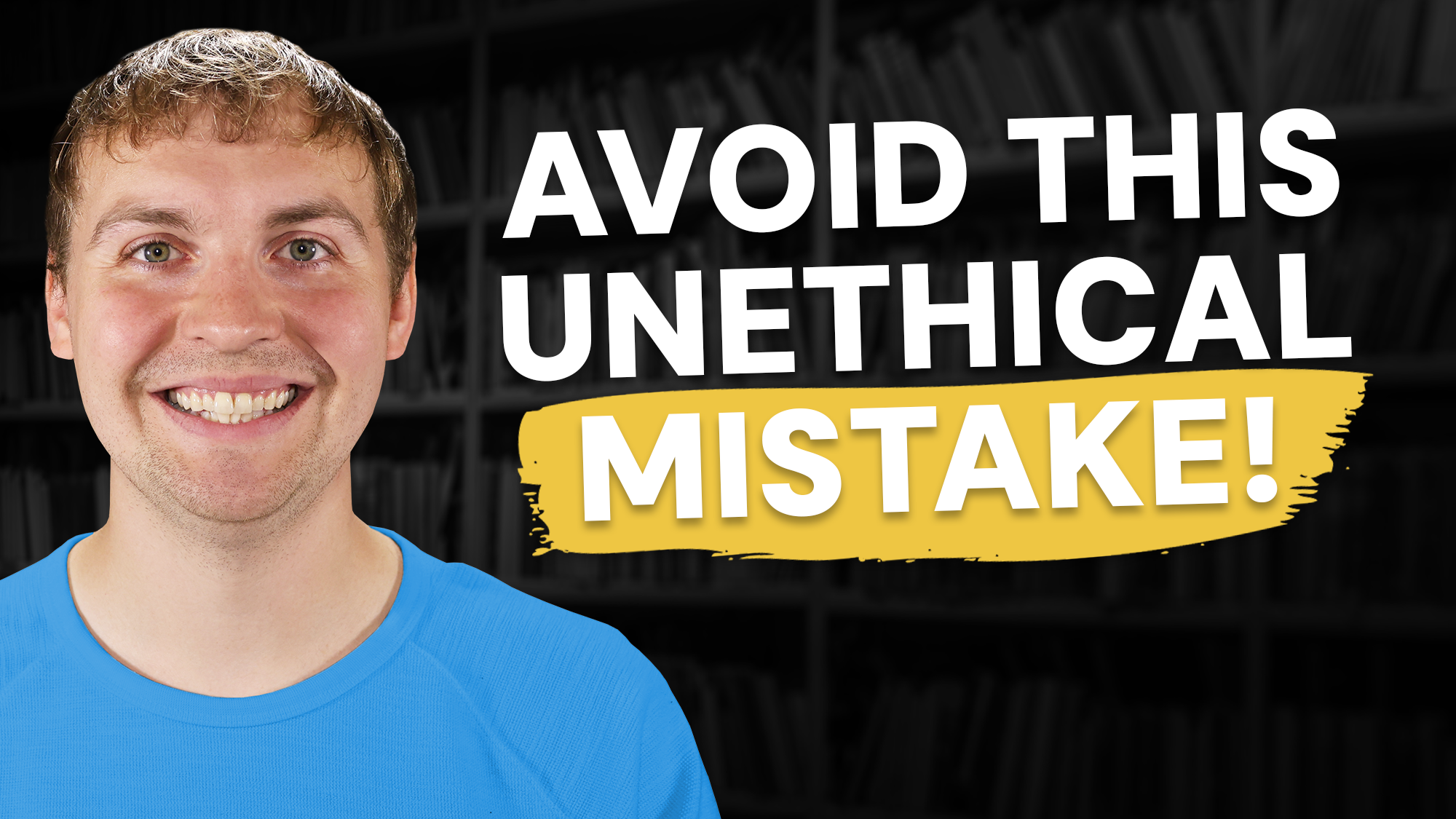
In the category of Human Growth & Development on the National Counselor Examination (NCE), the Counselor Preparation Comprehensive Examination (CPCE), or another counseling exam, you’ll want to have an awareness of Kohlberg’s Stages of Moral Development.
Not only does this video cover the preconventional, conventional, and postconventional levels in Kohlberg’s theory, we’ll also discuss the Heinz Dilemma. These are topics that you may find on your NCE, CPCE, or other counseling exam, so hopefully this video will be a helpful study guide and aid!
00:00:00
We’re talking moral development today. Specifically Lawrence Kohlberg. Stages of moral development. Not only that, but we’re going to be talking about the Heinz dilemma, which Kohlberg used to assess a person’s moral development so make sure that you stick around to learn more. My name is Keegan. I recently graduated with a master’s degree in counseling. I’m making these videos to help people prepare for the NCAA, the or other counseling exams because they can take a lot of time to get ready for and prepare for. And the more ways that we have that we can study, the better.
00:00:28
The first thing that we’re going to talk about is Laurence call Burges stages of moral development, because this is going to be important for us as we talk about Heinz’s dilemma. As we briefly go over the stages of moral development, the first level is the pre-convention level. At this level, the person is concerned with consequences and their behavior is really driven a lot by reward and punishment. Next is the conventional level. At this level, the person is driven by their desire to follow the rules of their family, their society, or the nation, possibly even that they’re in.
00:00:58
So really what a person finds important at the conventional level is to conform with the rules and the expectations that they have in the place that they live. And finally, we have the post conventional level. At this level, a person’s self accepted moral principles are what guide and influence their behavior. At the post conventional level. A person is concerned about universal, ethical principles, which could include justice, dignity and human rights. And it was called very belief that few people, or most people won’t reach this post conventional level of morality.
00:01:30
If we look for examples of people who have possibly reached this post conventional level of morality, those would be people like Ghandi, Socrates and Martin Luther King Jr. So as we’ve gone over briefly those stages of moral development from Lawrence Kohlberg. Keep those in mind now as we talk about the Heinz dilemma. The Heinz dilemma goes that a woman in Europe was dying of cancer or only one drug, a form of radium could save her. It was discovered by a local druggist. The druggist was charging $2,000, which is ten times the cost to make the drug.
00:02:02
The woman’s husband, Heinz, could not raise the money. Even if he borrowed from friends. He could only come up with approximately half the sum. He asked the drug to reduce the price or let him pay later since his wife was dying. But the druggist said no. The husband was thus desperate and broke into the store to steal the drug. Should the husband have done that? Why? Kohlberg’s belief was that understanding how a person thinks through this dilemma and how they get to the solution that they do
00:02:31
is what’s important and could influence or tell you or demonstrate what level of moral development they’re at. In a second here, we’re going to look at how the different levels of moral development might think about Heinz dilemma. But before we do that, I’d like to just quickly say if you’re enjoying this video, if you’re finding it helpful in some way, please give it a like or subscribe to the channel. At the conventional level, a person is concerned with reward or punishment. So a person at this level may say that Heinz should steal the drug because the reward of saving his wife’s life would be worth the theft.
00:03:02
However, a person could also say that he should not steal the drug because of the possible punishment of getting caught or the punishment of finding out that he has stolen this drug. At the conventional level, a person is more concerned with the rules that exist within their society or their family or the area that they live. At the conventional level, then somebody may say that he should steal the drug because that’s what a good husband would do. However, somebody else at the conventional level could say that he should not steal the drug because that would be breaking the law and would not be a good thing to do within the society or might be something that’s frowned upon in their society
00:03:35
At the post conventional level, then somebody is more concerned about their own moral principles that they have in life. At the conventional level, then somebody may say that Heinz should steal the drug because his wife’s life is more important than the physical property that the drug is. However, somebody else at the post conventional level might say that he shouldn’t steal the drug, but instead he should just be reasonable and work hard to negotiate with the drug test to figure out a way for him to get the drug for his wife.
00:04:02
That wouldn’t involve stealing it. So all that to say what is important about the Heinz dilemma is not whether to steal or not steal the drug. Instead, what’s important is how the person thinks through that, the things that they think a person needs to focus on or that Heinz in this case should focus on when he’s considering what to do about the drug and how to get it for his wife. Because if you pay attention, you’ll notice that there was an argument to steal or not steal the drug at each level, depending on how you looked at it, based on what a person at that level of moral development would think or how they would reason through the problem.
00:04:37
So as we recap here, I just want to say, remember, the conventional level is the middle one, the pre conventional level is before that to think pre is before and then post means after. So you have the pre conventional, the conventional and the post conventional levels and those are all Lawrence Kohlberg stages of moral development. And then again with the Heinz dilemma it’s not important what conclusion a person comes to as whether they steal or don’t steal the drug. What’s more important is how they think about it and how they reason with whatever their decision is.
00:05:09
Hopefully this video has been helpful for you as you prepare for the NCD. The CPC, or whatever other counseling exam you’re getting ready for. So that brings us to the end of our video today. Thanks so much for watching.



If you or someone you know are needing immediate mental health assistance, please call or text 988, contact a local emergency telephone number, or go to the nearest emergency room.
By interacting with this website and channel, this does not constitute a therapist/client relationship. This content is intended for the purposes of entertainment and mental health education.
View additional disclaimers and notices on our Disclaimers page.